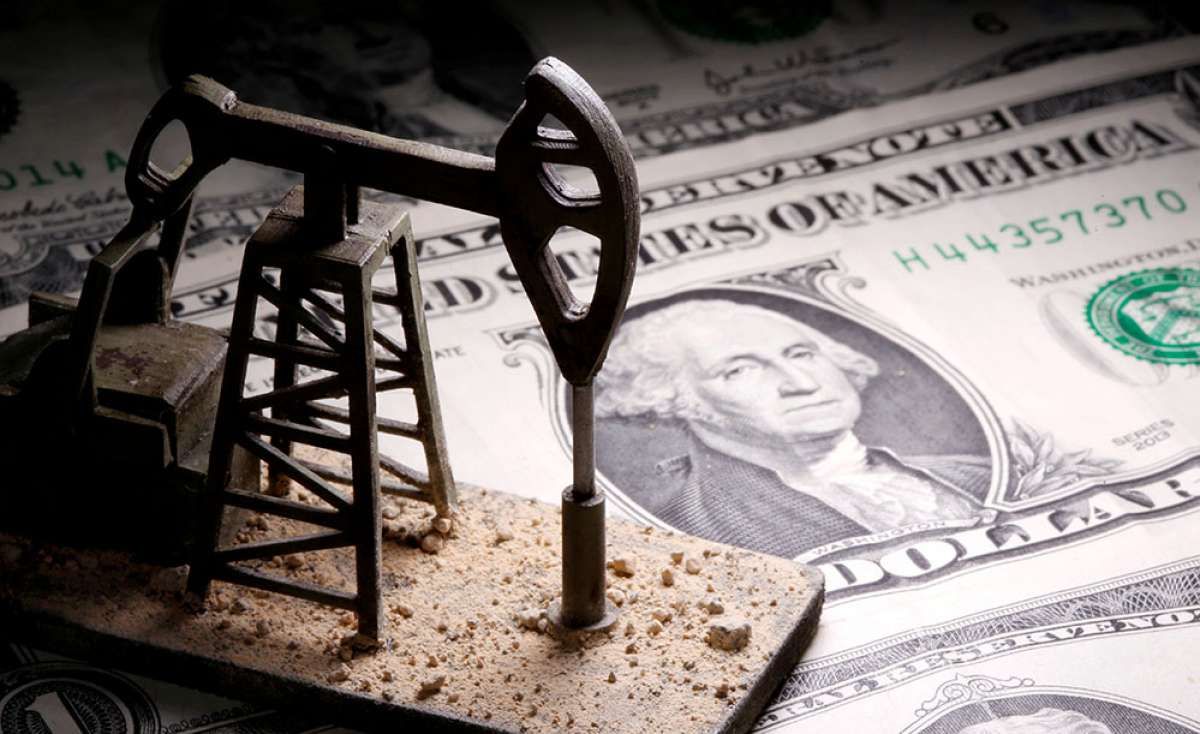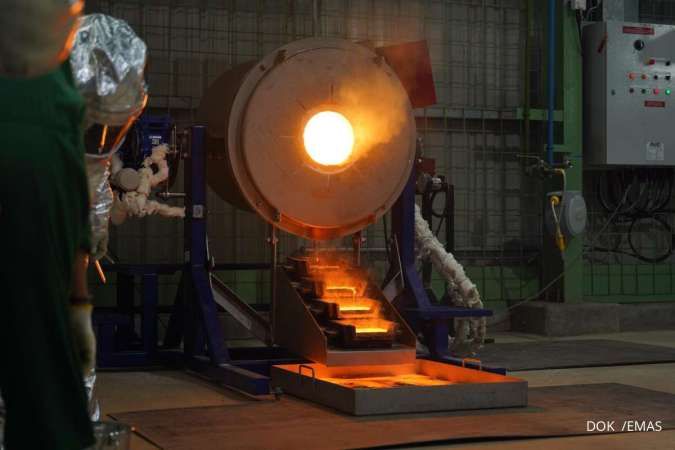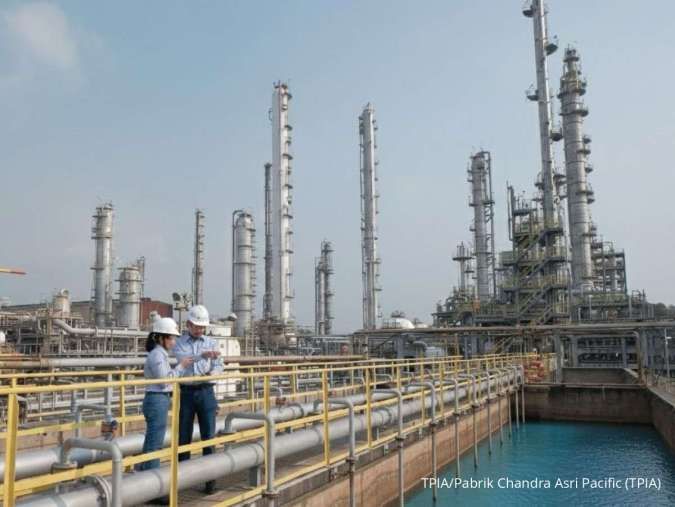Oil Prices Rise 2% on Optimism around OPEC+ Output Pact

KONTAN.CO.ID - NEW YORK (Reuters) - Oil prices rose more than 2% on Monday as signs that fuel demand was recovering, while OPEC+ members were complying with a production cut deal, outweighed fears that new coronavirus infections could further slow the global economy.
U.S. West Texas Intermediate crude rose 86 cents, or 2.4%, to settle at $37.12 a barrel. Brent crude gained 99 cents, or 2.6%, to settle at $39.72 a barrel.
Prices rebounded from early losses after the energy minister of the United Arab Emirates voiced confidence that OPEC+ countries with poor compliance to agreed cuts would meet their commitments and reported signs oil demand was picking up.
"That seemed to take away some of the market's negativity," said Phil Flynn, senior analyst at Price Futures Group. "It's fear about the coronavirus versus the reality of what's happening on the ground."
An OPEC-led monitoring panel will meet Thursday to discuss whether countries have delivered their share of output reductions.
Iraq agreed with its major oil companies to cut crude production further in June, Iraqi officials working at the country's giant southern oilfields told Reuters on Sunday.
Saudi Arabia has also reduced the volume of July-loading crude it will supply to at least five buyers in Asia, sources said.
Also positive for prices, China's crude oil throughput in May rose 8.2% from a year earlier as independent refiners increased processing to meet the recovery in fuel demand following the easing of lockdowns.
U.S. oil output from seven major shale formations is expected to decline in July to the lowest since July 2018, the U.S. Energy Information Administration said on Monday.
Still, fuel demand concerns have weighed on market sentiment. More than 25,000 new coronavirus cases were reported on Saturday in the United States, where more than 2 million people have been infected, about a quarter of the cases worldwide.
After nearly two months with no new infections, Beijing officials reported 79 coronavirus cases over the past four days, sparking fears of an outbreak in one of the world's most populous cities.
Economic data from China suggested the world's second-biggest economy was struggling to get back on track. Industrial output in May expanded 4.4% from a year earlier, less than expected.
Germany's economic output will also fall further in the second quarter, its economy ministry said on Monday.
(Reporting by Stephanie Kelly in New York; Additional reporting by Bozorgmehr Sharafedin in London and Aaron Sheldrick in Tokyo; Editing by David Gregorio and Nick Zieminski)











